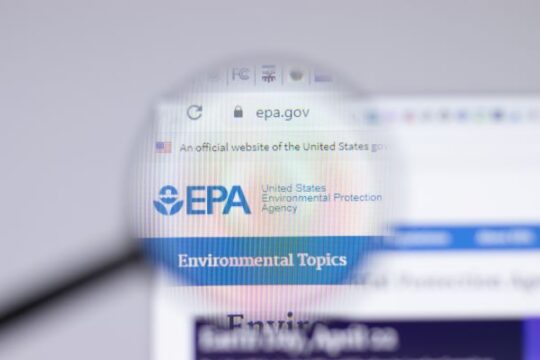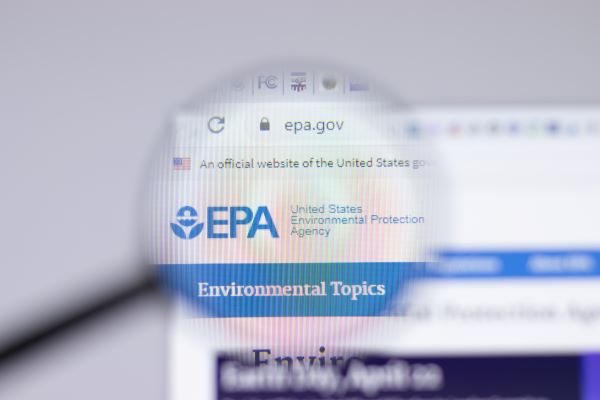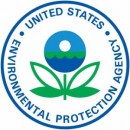
The start of November is here; a kind of “last chance” for many regions of the country to get their winter plan in place before the snow and cold weather arrive in earnest. If your workplace is one that is affected by such weather, it’s past time to have your snowplow contractor signed up and your safety plan in place for clearing sidewalks, entranceways, and truck docks. Don’t let the coming winter weather impact your operations. If you aren’t ready, jump to it! Here’s the latest regulatory news:
Transport Canada
The ministry is amending its requirements under the TDGR for dangerous goods site registration. The changes apply to a variety of relatively minor shipping scenarios. See full details here.
The ministry has also activated its client identification database or CID as something of a tie-in to the above action. This registration requirement applies to Canada-based shippers and or carriers that import, transport, or handle dangerous goods in Canada. See full details and access the database here.
The ministry has also published a guidance bulletin outlining current correct processes for identifying and handling solids contaminated with flammable liquids. See this guidance here.
EPA
The agency is proposing to address the unreasonable risk of injury to human health presented by trichloroethylene (TCE) under its conditions of use as documented in EPA’s November 2020 Risk Evaluation for TCE and January 2023 revised risk determination for TCE pursuant to the Toxic Substances Control Act (TSCA). TCE is widely used as a solvent in a variety of industrial, commercial and consumer applications. The TSCA requires that when EPA determines a chemical substance presents unreasonable risk, that it address by rule the unreasonable risk of injury to health or the environment and apply requirements to the extent necessary so the chemical no longer presents unreasonable risk. To address the identified unreasonable risk, EPA is proposing to:
- prohibit all manufacture (including import), processing, and distribution in commerce of TCE and industrial and commercial use of TCE for all uses, and;
- Establish compliance timeframes and workplace controls for certain processing and industrial and commercial uses (including proposed phaseouts and time-limited exemptions), and;
- prohibit the disposal of TCE to industrial pre-treatment, industrial treatment, or publicly owned treatment works, with a time-limited exemption for cleanup projects, and;
- establish recordkeeping and downstream notification requirements
Comments must be received on or before December 15, 2023. See complete details here.
CPSC
The Portable Fuel Container Safety Act of 2020 (PFCSA) provides that the Consumer Product Safety Commission (Commission) must promulgate a rule to require flame mitigation devices in portable fuel containers that impede the propagation of flame into the container. This rule does that by recognizing current standards and providing formal incorporation by reference into the new rule, which can be seen here.
Labelmaster is a full-service provider of products, shipping and training software, and professional consulting services to assist the DG and HS&E professional to comply with national and international regulations. See our full line of solutions at www.labelmaster.com.



